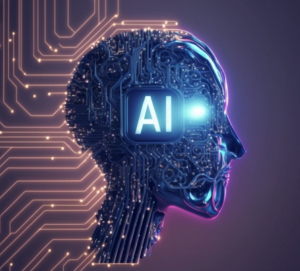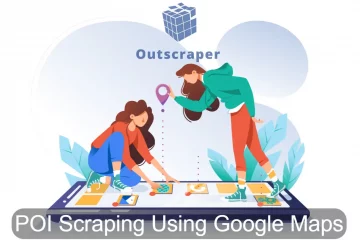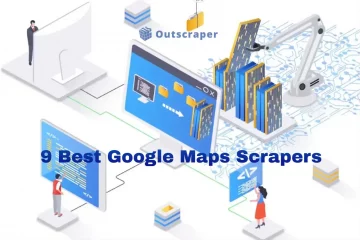The Dawn of the Internet is The Dawn of Web Scraping
As the digital age unfurled with the advent of the internet, so too did the inception of web scraping. The early days of the internet were characterized by a vast expanse of information, waiting to be explored and harnessed. Tech companies sought ways to gather, categorize, and utilize the burgeoning amount of data available online. This is the time when the most famous search engine companies successfully outperformed everybody in scraping and categorizing information.
Data Protectors vs. Data Extractors
In the vast digital landscape, a silent battle wages between data protectors and data extractors. On one side, data protectors, often comprising engineers, and legal professionals, champion the cause of safeguarding personal and proprietary information. On the opposite end, data extractors, which include web scrapers, data miners, and some market researchers, are constantly innovating to access and harness the data from the web. Their goal is often to gather insights, fuel business strategies, or simply aggregate information for various purposes.
This tug-of-war between the two factions underscores a larger debate about the balance between open access to information and the preservation of privacy and intellectual property in the digital age.
AI Breakthrough

Therefore, just as AI was employed to shield content from scraping bots, it was also harnessed by scraping companies to aid in data extraction.
Future of Web Scraping

Additionally, with the rise of decentralized web and blockchain technologies, new challenges and opportunities for web scraping will emerge. In essence, the future of web scraping will be characterized by a blend of technological innovation, ethical considerations, and evolving legal landscapes.




